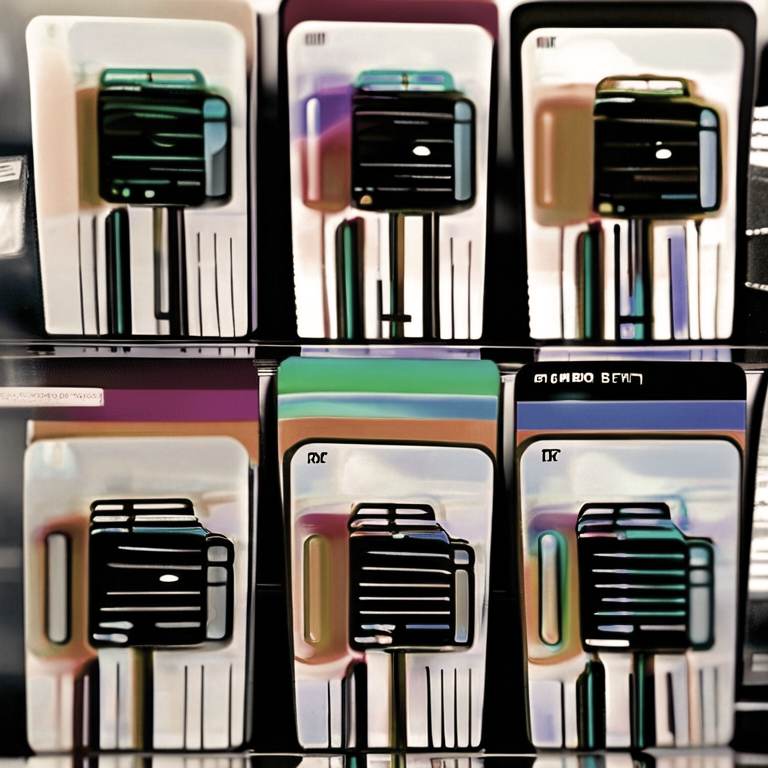The backdoor is present in the FM11RF08S variant of the MIFARE Classic card family, a widely used product originally launched by Philips (now NXP Semiconductors) in 1994. These cards have seen extensive deployment in public transportation and the hospitality industry. Despite efforts over the years to secure the MIFARE Classic cards against various attacks, the FM11RF08S variant, which includes specific countermeasures to prevent known “card-only” attacks, was found to contain a serious flaw.
Teuwen’s research revealed that the FM11RF08S cards feature a hardware backdoor that allows authentication with an unknown key. He was able to crack this secret key, which is common across all FM11RF08S cards, as well as other models from the same vendor, such as the FM11RF08 and FM11RF32. Shockingly, the same vulnerability was found in older cards from NXP Semiconductors and Infineon Technologies.
This discovery has alarming implications for security, as it enables any entity with knowledge of the backdoor to compromise all user-defined keys on these cards, even if they are fully diversified. Quarkslab has urged organizations and individuals using these RFID systems to review their infrastructure and assess the risks immediately.
The research highlights that many users may be unaware that the MIFARE Classic cards they are using are actually Fudan FM11RF08 or FM11RF08S, which are not limited to the Chinese market. These cards have been found in numerous hotels across the United States, Europe, and India, raising serious concerns about the security of access control systems globally.
Source: SecurityWeek
The European Cyber Intelligence Foundation is a nonprofit think tank specializing in intelligence and cybersecurity, offering consultancy services to government entities. To mitigate potential threats, it is important to implement additional cybersecurity measures with the help of a trusted partner like INFRA www.infrascan.net, or you can try yourself using check.website.

